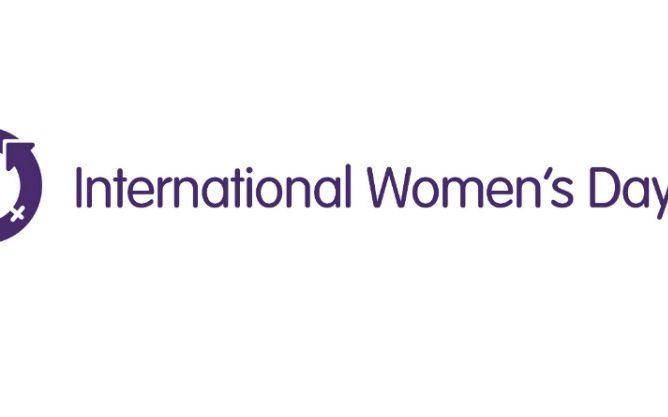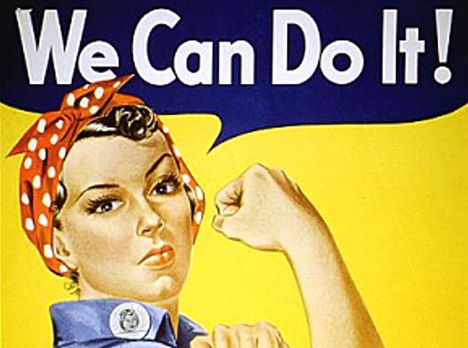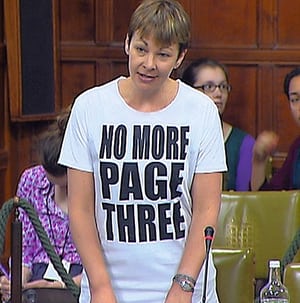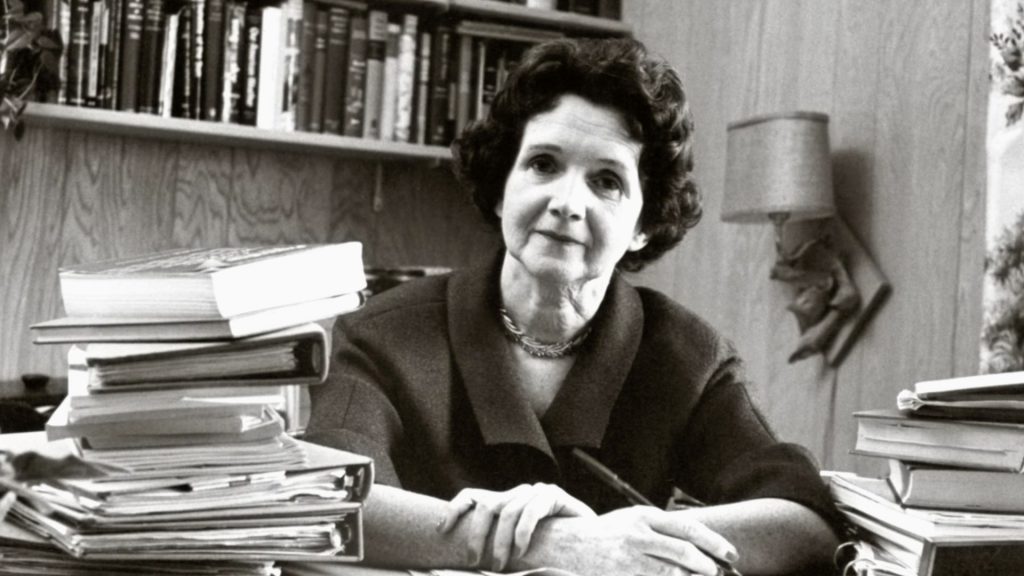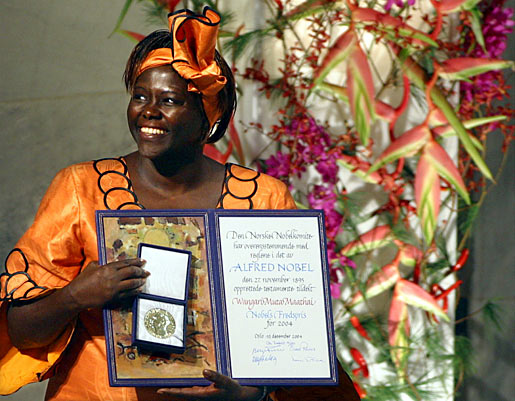Blog post by Emily Mason. Sustainability Coordinator at the University of Kent.
On this International Women’s Day I wanted to just write a short note on something that has been intriguing me for a while now and perhaps start a conversation with others in the sector to see if they experience the same.
I have been working in sustainability within Higher Education (HE) for just over 8 years now and I have noticed something that is perplexing me. Whenever I recruit student volunteers onto a sustainability project or internships, or when teaching sustainability modules, the people that show up are predominantly women. Thinking back across all the projects I have run it is a very rare occasion that men make up more than 25% of the room.
This doesn’t go unnoticed. The students themselves often ask me if this is normal to which I answer yes. But when they ask why, I cannot answer them, as I do not actually know. I often ask the students why they think this is the case and I have heard a wide variety of responses but the one that is most common is:
“Caring roles are often associated with women, so why should caring for the planet be any different.”
There have been lots of variations on this of course but this particular student’s words have stuck in my head. I ask students how they feel about this and many including the men express frustration that 1: caring roles across society are undervalued 2: that any role/job is gendered 3: and that the sustainability movement in HE should not be left up to women to sort out.
A few of the male students have expressed that many of the projects within sustainability are collaborative and that they have to check their ego at the door and try not to assume a leadership role, and sometimes this can be a little difficult, but also rewarding.
Now these anecdotal experiences do not a reason make and despite trying to find some research on this I have come up empty. However, when chatting with those who do a similar role to me at other Universities I have found that I am not the only one experiencing this. If anyone does know of any good research or insights on this then please send it my way!
Last year Green Business reported on gender in the sustainability industry and despite the clear wealth of talented women who are becoming professionals in sustainability there was an alarming discovery:
“In sustainability roles, women are earning less than men. According to the latest CR Sustainability survey from recruitment consultants Acre, published in 2016, the global average salary for corporate responsibility professionals stood at £67,408 for men, compared to £55,148 for women. This is despite there being a 51:49 gender split in the industry in favour of women. In the UK, average corporate responsibility salaries are £63,180 for men and £52,170 for women. While there are signs that the sector’s gender salary gap is narrowing, it is still most definitely there.
And it’s not just in the business world that this pattern of gender inequality plays out. At the UN negotiations in Bonn last year, almost half of attendees were women but under 30 per cent of government delegations were led by women. Here too, women are not equally represented at the top of the ladder.”
So whilst the gender ratio seems to even out in industry the gender pay gap rears its ugly head. It seems the future focused industry of sustainability is not immune to backward thinking.
I recommend reading the whole article which gives some valuable insights into why this is the case in our industry as well as many others.
So whose job is it to save the world? Obviously it is all of ours (in particular the 100 companies that are responsible for 71% of global carbon emissions) but I am yet to get to the bottom of why within HE it is female students that are leading charge of sustainability. Whatever the reason, I hope that by the time some of them are sustainability professionals and leaders, they are being paid the same as their male counterparts.
![]()

